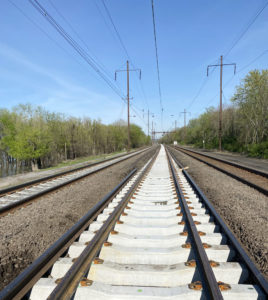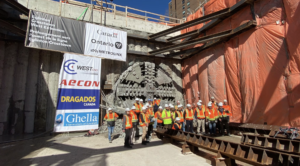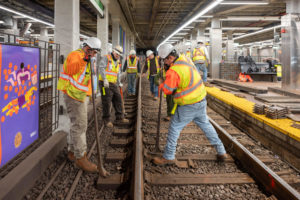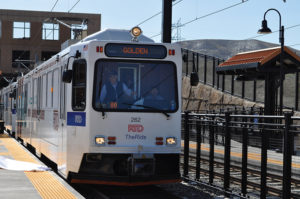Contracts awarded for MTA station work; Hicksville work put on fast track
Written by Jenifer Nunez, assistant editorThe Metropolitan Transportation Authority (MTA) has awarded $7.5 million in contracts for preliminary engineering work at two stations at Willets Point, Queens.
The preliminary engineering work, which is expected to be completed within a year, will pave the way for major enhancements at both stations and prepare the MTA to collaborate with the Port Authority as planning for the AirTrain at LaGuardia moves forward.
The first contract, valued at $4.6 million, has been awarded to STV Inc., and is for work at the Long Island Rail Road’s (LIRR) Mets-Willets Point Station. The second contract, valued at $2.9 million, has been awarded to HDR Architecture and Engineering, PC, and deals with the Willets Point Station for New York City Transit’s No. 7 train station.
“The preliminary engineering work we’re doing at the two Willets Point stations is the first step in a plan to dramatically enhance both stations,” commented MTA Chairman and Chief Executive Officer Thomas Prendergast. “It will also enable us to be ready to work with the Port Authority as planning for the LaGuardia AirTrain moves forward, which we see as critically important.”
The scope of the preliminary work will include plans for lengthening the LIRR station’s platform to accommodate 12-car-long trains for greater service capacity, as well as Americans with Disabilities Act (ADA) accessibility. For the modernized subway station, which is served by the 7 line, the preliminary engineering work will pave the way for newly-designed mezzanines with state-of-the-art electronics and communications, full ADA-compliant accessibility and improved passenger flow for both events and normal service.
In other LIRR station news, New York Gov. Andrew Cuomo has put the planned $121-million modernization of LIRR’s aging Hicksville station on the fast track, announcing the LIRR and the prime contractor have agreed to complete the job in 22 months, 13 months sooner than planned.
“Hicksville station is the LIRR’s third busiest station – topped only by Penn and Jamaica – and it’s a key transfer point for customers on the Port Jefferson and Ronkonkoma branches,” Gov. Cuomo said. “To have such an important transportation hub encumbered by construction for three years was out of the question. In order to speed up the process both the LIRR and the contractor have worked out a unique construction methodology shortening the total construction time from 35 to 22 months.”
The announcement came as the MTA Board unanimously approved the award of $56.7-million construction contract for Hicksville to Railroad Construction Company/Citnalta, a joint venture. LIRR officials said work could get underway as early as July.
Gov. Cuomo noted that the Hicksville upgrade is one of number LIRR projects subject to an innovative 2013 Project Labor Agreement between the LIRR and the Buildings and Construction Trades Council of Nassau and Suffolk that has helped reduce construction costs by 10 percent. The entire project is funded by the MTA Capital Program, of which the state is the chief supporter.
The Hicksville modernization is really two projects in one, the complete rehabilitation of the 55 year-old station at a cost of $68.8 million and construction of the Hicksville North Track Siding at the west end the station at a cost of $52.4 million. The North Track Siding will be built by the LIRR’s workforce. Railroad Construction Company/Citnalta will handle the station renovation and prepare the North Track Siding site.
The station upgrades include new platforms with glass-enclosed, heated waiting rooms, lighting, translucent canopy roof, stairways, escalators, plaza elevators, a video security system, audio and digital communications systems and signage. If construction begins this summer, the station work should be done by spring 2018.
The North Siding will connect Track 1 at Hicksville to an existing track siding situated about one-half mile west of the station platform. The siding will improve the railroad’s ability to reroute trains in the event of maintenance, construction or service disruptions.





